Research Area: Disease Ecology and Evolution
-

Ana Bento
Dr. Bento’s transdisciplinary research leverages mathematical and computational modeling, machine learning, and data science to identify the eco-evolutionary, demographic, and environmental drivers of pathogen (re) emergence, persistence, and spread in humans and other animals. Her lab seeks to understand the dynamics of biological populations and epidemics, to[...] -
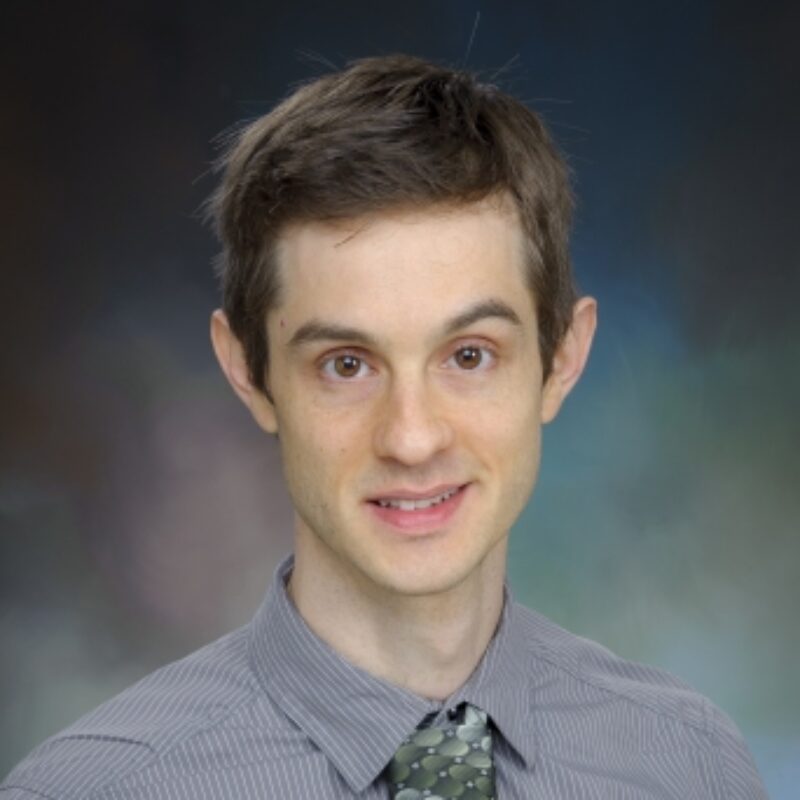
Rafael Kroon Campos
We study emerging arboviruses and other ssRNA+ viruses. We work on understanding the interactions between viruses and its hosts. Our research aims to improve our knowledge to ultimately promote global preparedness through proactive measures of prediction, surveillance, prevention, and treatment. Our lab focuses on emerging[...] -
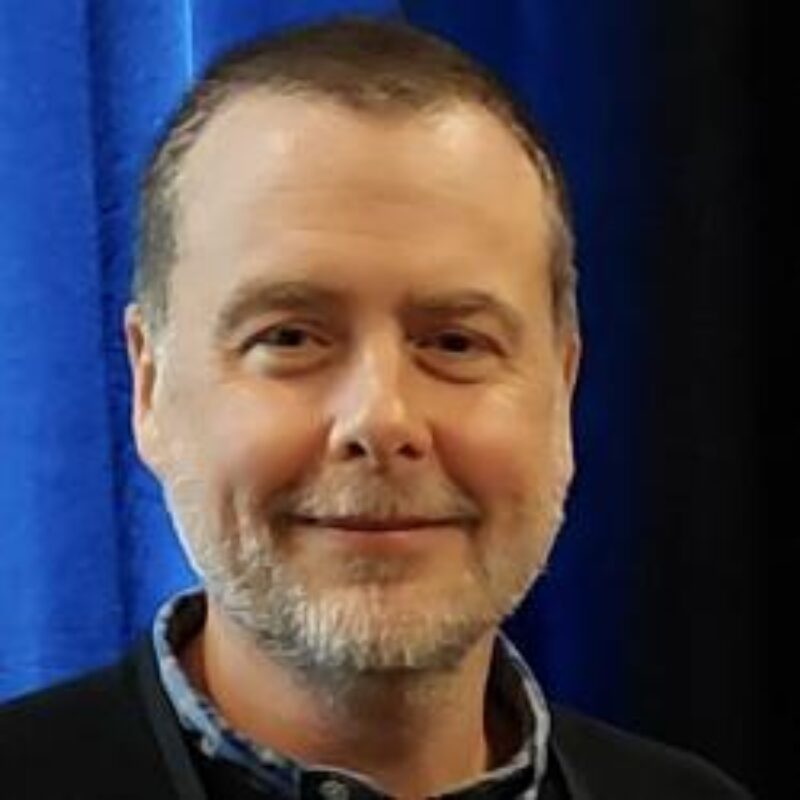
Bryan Swingle
Bryan is a Research Molecular Biologist in the Emerging Pests and Pathogens Research program at the Robert W. Holley Center for Agriculture & Health. View his USDA-ARS profile. -
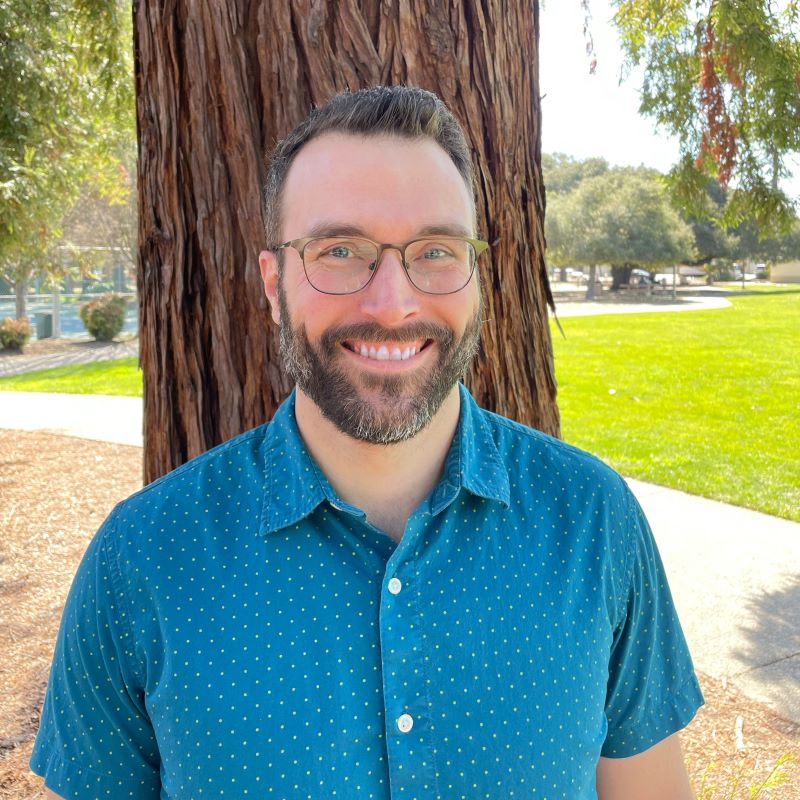
Lucas Nell
Lucas studies how populations and communities are shaped by interacting ecological and evolutionary dynamics that play out across space. Given the conceptual breadth of questions that interest him, Lucas uses a range of approaches (e.g., theory, experiments, population genomics) and systems (e.g., insect host–parasitoid, microbial[...] -
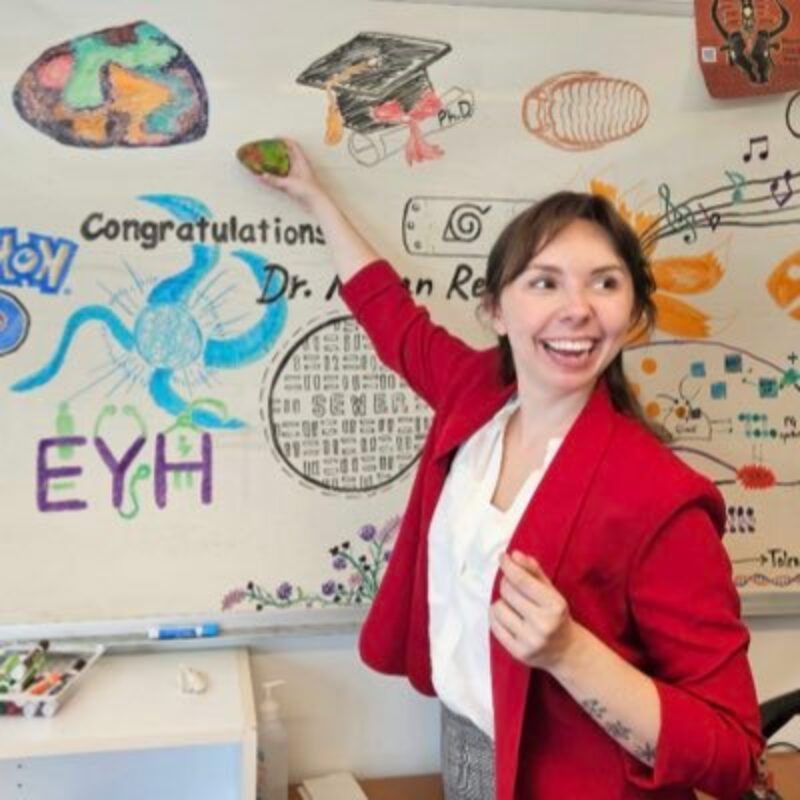
Megan Keller
During her doctoral work, Megan specialized in uncovering new ways bacteria can become less susceptible to antibiotics through her work with the Doerr lab. However, her long-term passion is seeded in communicating science to the public, either through the instruction of rising young scientists, or[...] -

Aisha Burton
We look to elucidate the mechanisms through which small proteins, approximately 50 amino acids in length, contribute to the regulation of stress responses in bacteria, with a particular focus on E. coli and B. subtilis. Our research revolves around exploring the role of these small[...] -

Xander Wilcox
Xander was born and raised in the Ithaca, NY area and completed his bachelors at Hobart and William Smith Colleges. He went on to earn his PhD in chemistry and chemical biology in the labs of Dr. Andrew Fisher and Dr. Peter Beal at the[...] -

Joshua Kerkaert
Josh’s interest in fungal biology started while earning a BS in Microbiology at the University of Minnesota where he did research on the human fungal pathogens Cryptococcus neoformans and Blastomyces dermatitidis in the Nielsen lab at the University of Minnesota. Josh went on to pursue a Ph.D. in[...] -
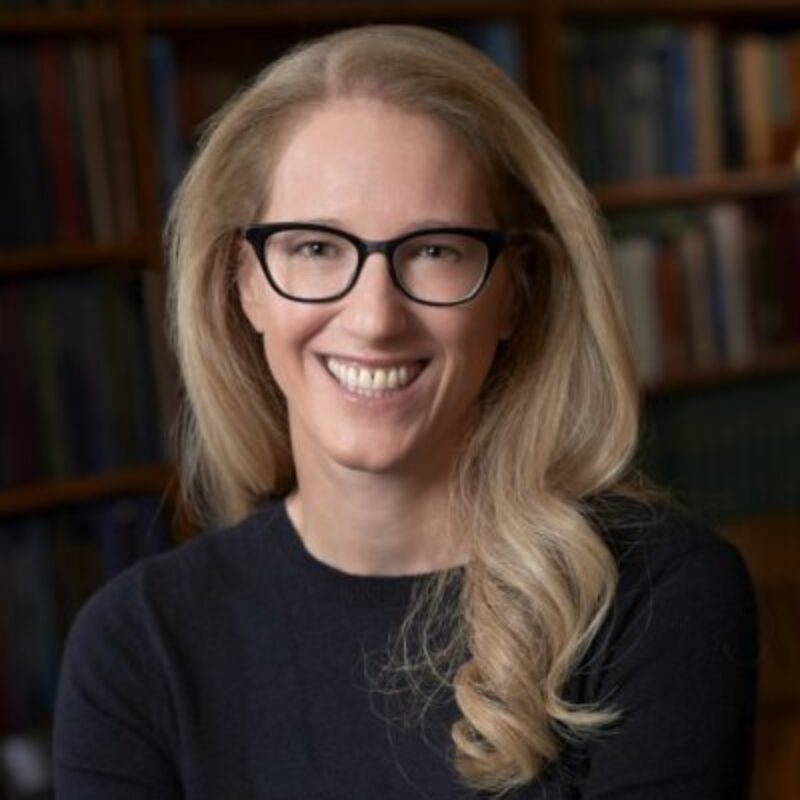
Raina Plowright
Our lab seeks to understand and prevent spillover of zoonotic pathogens from wildlife to other species. We develop the science of pandemic prevention through collaborative, transdisciplinary science. We work in the field, the lab, and in silico, all with a commitment to translate the science[...] -
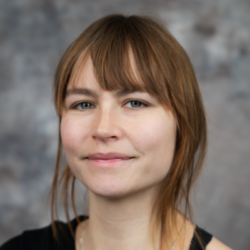
Amandine Gamble
I investigate what drives hosts’ contributing to pathogen dynamics across biological scales, from host-pathogen molecular interactions to host species interactions. To do so, I combine theoretical, observational, and experimental approaches, and consider various study systems in the lab and in the field, including emerging bat-borne[...]
